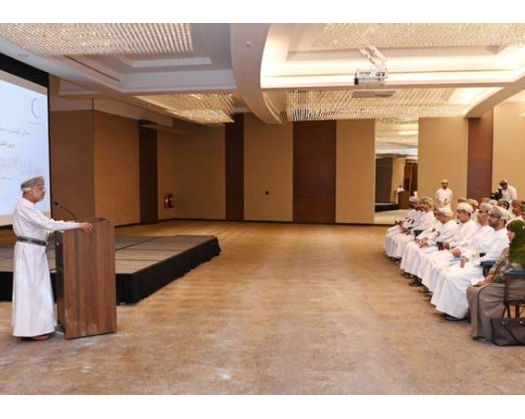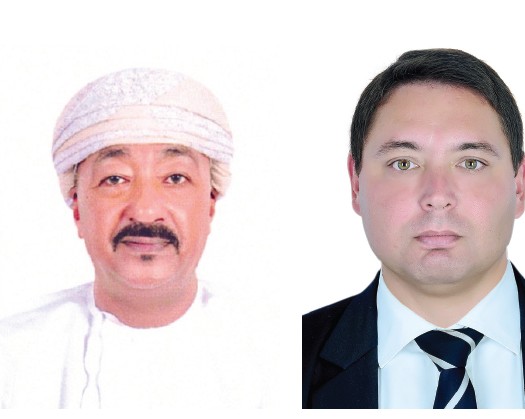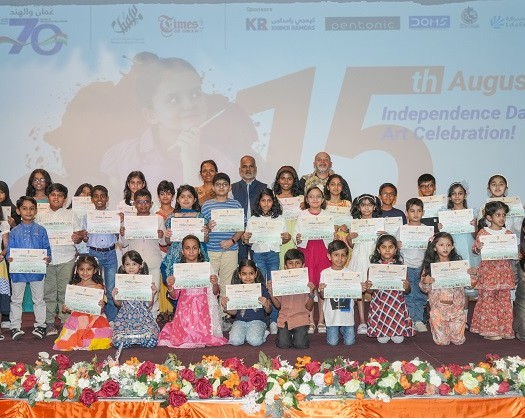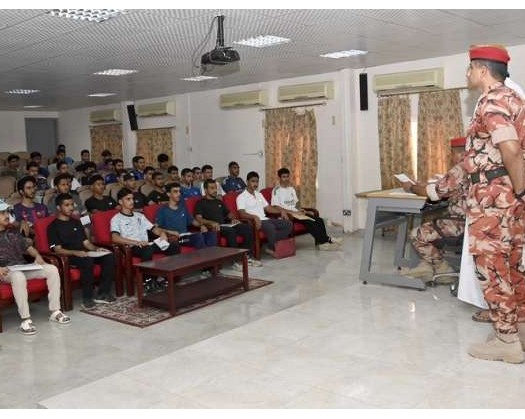Muscat: On Monday, the Ministry of Health initiated a project focused on Diabetic Retinopathy Screening utilizing artificial intelligence (AI). This initiative aims to lower the risk of vision impairment and ensure prompt treatment for patients suffering from diabetic retinopathy. The national program is designed for all individuals diagnosed with type 1 and type 2 diabetes.
The launch event took place under the patronage of Eng. Said Hamoud Al Ma’awali, the Minister of Transport, Communications, and Information Technology.
During his address, Dr. Said Harib Al Lamki, Undersecretary of the Ministry of Health for Health Affairs, highlighted the program's dedication to transforming the healthcare landscape by integrating cutting-edge technologies and adhering to the best global practices.
The initiative aims to accommodate a greater number of patients for swift examinations, minimize waiting periods at eye clinics, and broaden the availability of early detection services across various healthcare facilities, he noted.
He further mentioned that this program is anticipated to significantly enhance the quality of life for diabetic patients in the Sultanate of Oman by facilitating early detection of diabetic retinopathy and ensuring timely treatment, thereby reducing the risk of vision loss.
Additionally, he revealed that 25 healthcare centers have been outfitted with retinal imaging technology to improve patient access to this advanced service. The project is also expected to yield economic benefits by lowering healthcare expenses related to the treatment of advanced cases.
The significance of this project lies in its capacity to tackle the critical issues faced by diabetic patients in the Sultanate of Oman. Diabetic retinopathy is a severe complication that can result in blindness. Current statistics reveal that 15 percent of the adult population in Oman is affected by diabetes, indicating that a considerable number are at risk of developing retinopathy.
The initiative seeks to create a national framework for the early detection and management of diabetic retinopathy, aiming to minimize vision loss and blindness associated with the condition while enhancing access to high-quality eye care for those with diabetes.
This project is designed for all individuals diagnosed with either type 1 or type 2 diabetes, with screening frequency determined by the severity of their retinopathy.
In its initial phase, the project will enable early detection by deploying retinal imaging devices across 25 healthcare facilities. It will utilize artificial intelligence systems to analyze medical images through machine learning and computer vision techniques. The AI will be trained on hundreds of thousands of retinal images to distinguish between healthy retinas and those affected by diabetes.
Specialized retinal imaging devices, including retinal cameras, will be employed to capture high-resolution images that scrutinize every detail, identifying changes in blood vessels or the emergence of small spots indicative of retinal disease. The system will promptly notify the physician of any findings.
In the future, the organizers of the project plan to broaden their scope by incorporating additional health complexes and centers, introducing new screening initiatives such as glaucoma and keratoconus assessments, enhancing virtual healthcare projects, and integrating various devices to alleviate the pressure on specialist clinics. They also intend to establish observation clinics managed by trained opticians, supported by advanced technologies and artificial intelligence tools, and to create a local AI engine trained on images from the Sultanate of Oman, thereby reinforcing its global standing in health innovation.
The initiative to utilize artificial intelligence for the early detection of diabetic retinopathy marks a significant advancement in ophthalmology and healthcare overall. This strategy embodies the Sultanate of Oman's ambitious healthcare vision, driven by the Ministry of Health's continuous efforts and its embrace of cutting-edge technologies, ultimately promoting a healthier lifestyle for its citizens.
It is important to highlight that the Sultanate of Oman is the third nation globally to launch this initiative, underscoring its dedication to fostering technological and digital progress, adopting the latest innovations, and leveraging artificial intelligence to enhance diagnostic precision. This not only saves time and resources but also aids in the early detection of diabetic retinopathy in patients, contributing to the establishment of a society where health awareness is deeply ingrained, and individuals are safeguarded against health risks and threats.









